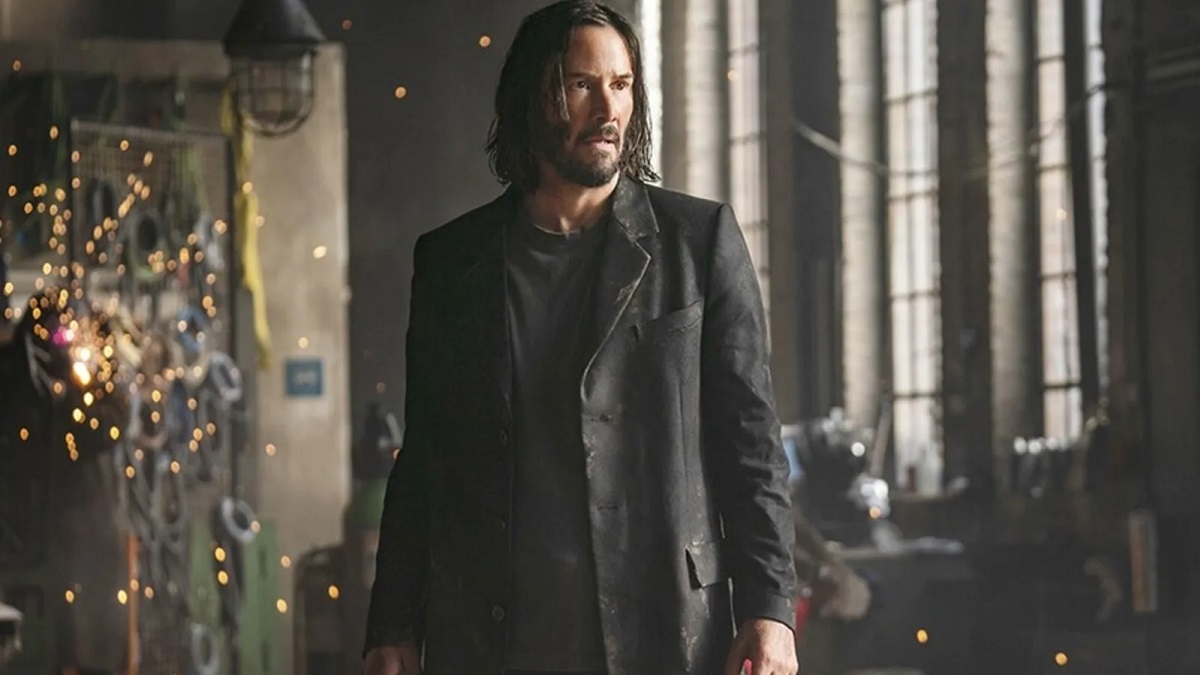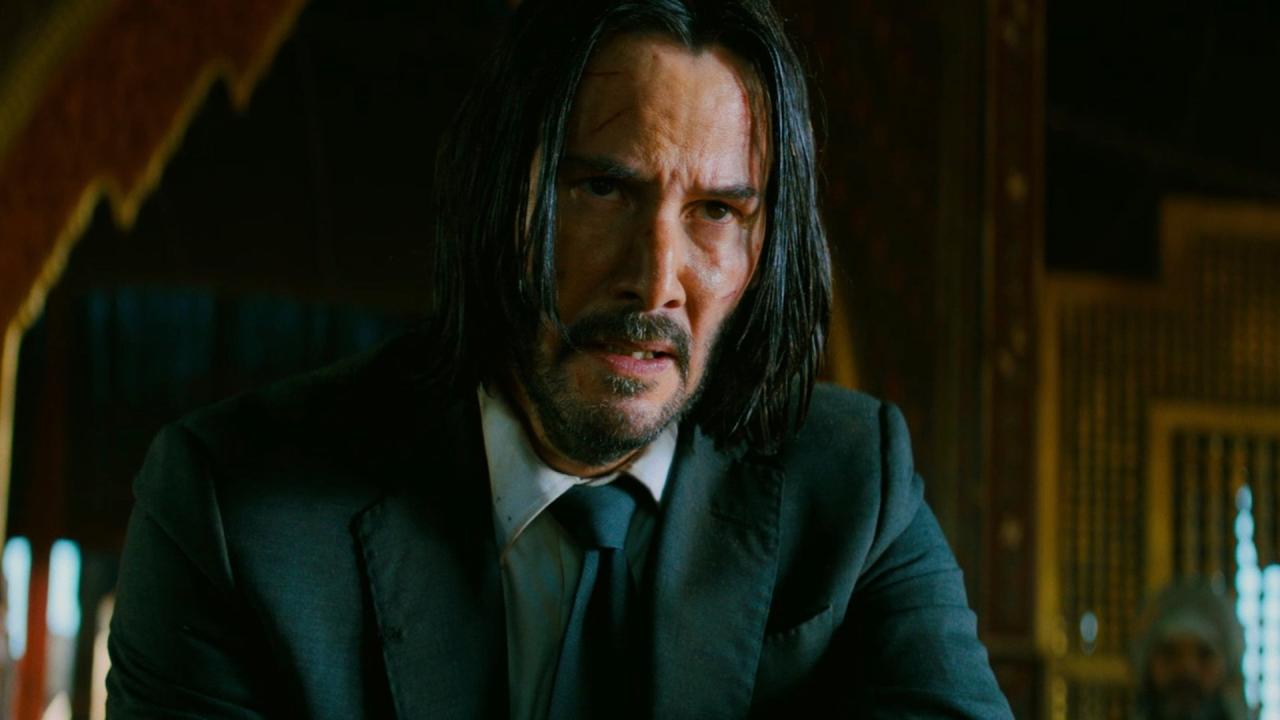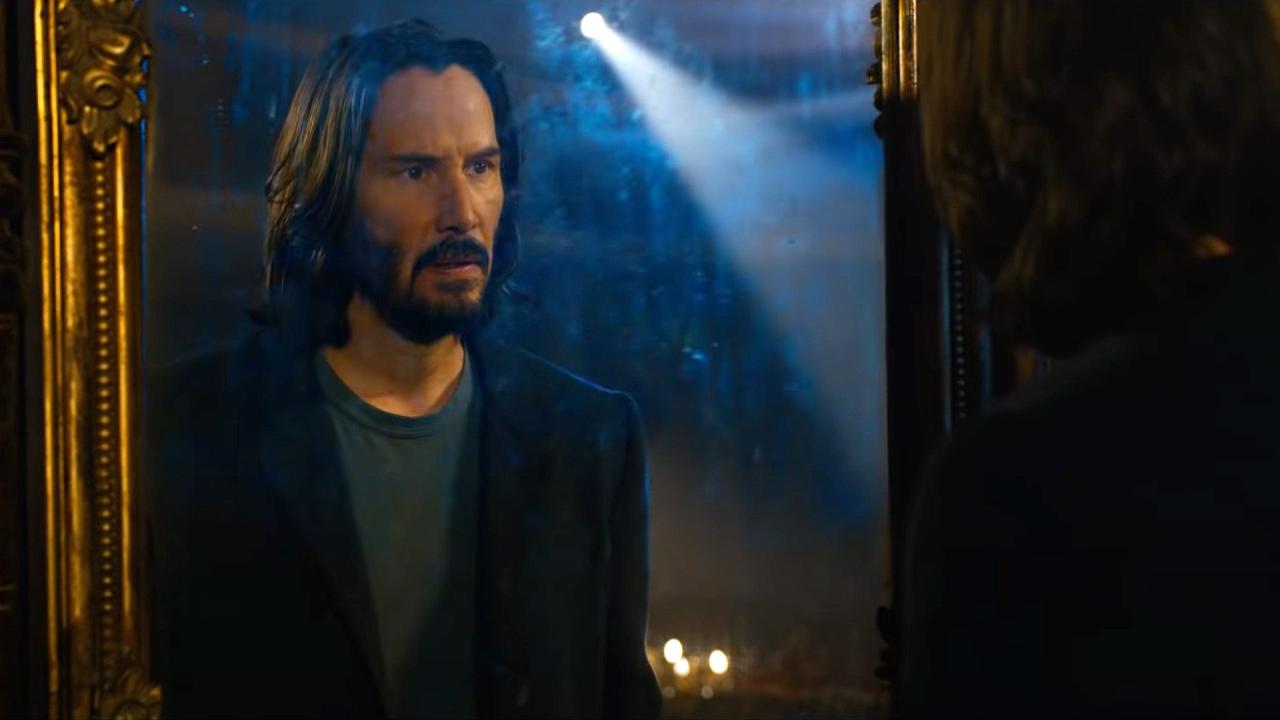“What’s frustrating about that is you lose your agency.”
While many of Keanu Reeves’ movies are packed with special effects, he draws the line when it comes to digitally manipulating his actual performance.
Ahead of the release of “John Wick: Chapter 4,” the 58-year-old actor spoke out against the integration of deepfake technology in Hollywood in an interview with Wired. So much so, Reeves said he demands a clause in every movie contract that prevents production studios from digitally editing his films without his permission.

“Yeah, digitally. I don’t mind if someone takes a blink out during an edit,” the “Matrix” alum explained. “But early on, in the early 2000s, or it might have been the ’90s, I had a performance changed. They added a tear to my face, and I was just like, ‘Huh?!’ It was like, I don’t even have to be here.”
Reeves argued that deepfake technology not only takes away from the actor’s original point of view, but also erases any influence or say they have over their work.
“What’s frustrating about that is you lose your agency,” he continued. “When you give a performance in a film, you know you’re going to be edited, but you’re participating in that.”

“If you go into deepfake land, it has none of your points of view. That’s scary,” he added. “It’s going to be interesting to see how humans deal with these technologies. They’re having such cultural, sociological impacts, and the species is being studied. There’s so much ‘data’ on behaviors now.”
The “Constantine” actor went on to recal a recent conversation he had with a 15-year-old boy, in which he tried to explain that his character in “The Matrix,” Neo, was fighting for reality. The boy’s response? “Who cares if it’s real?”

“People are growing up with these tools: We’re listening to music already that’s made by AI in the style of Nirvana, there’s NFT digital art,” Reeves said, reflecting on technology’s current trajectory. “It’s cool, like, Look what the cute machines can make! But there’s a corporatocracy behind it that’s looking to control those things. Culturally, socially, we’re gonna be confronted by the value of real, or the non-value. And then what’s going to be pushed on us? What’s going to be presented to us?”

He concluded, “It’s this sensorium. It’s spectacle. And it’s a system of control and manipulation. We’re on our knees looking at cave walls and seeing the projections, and we’re not having the chance to look behind us.”








